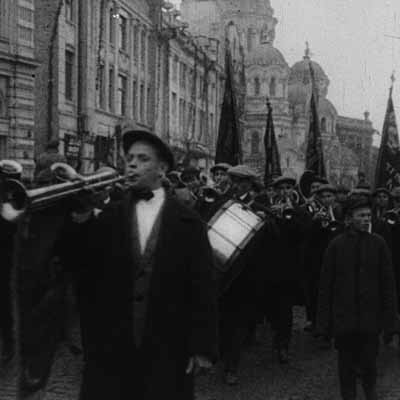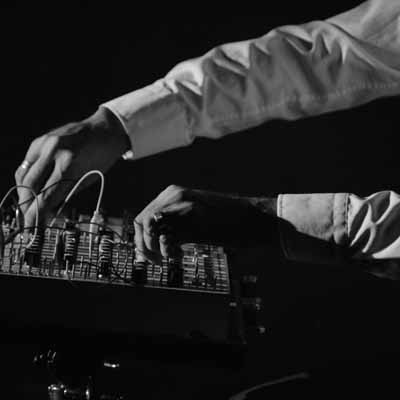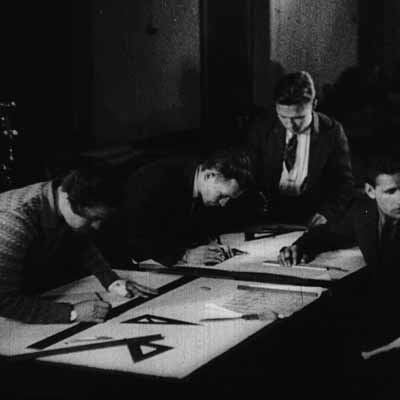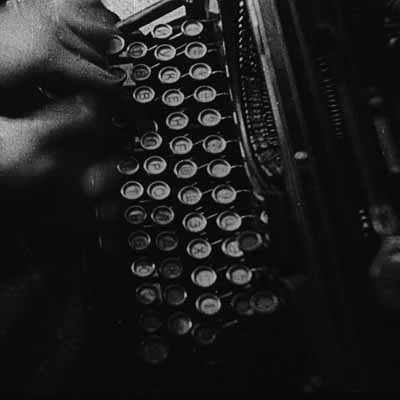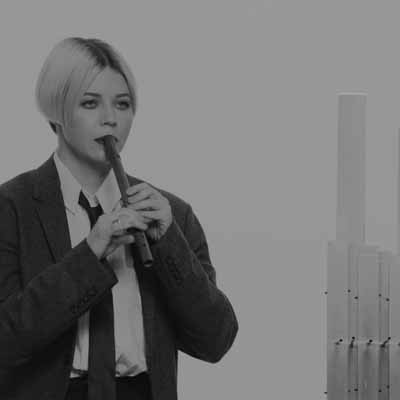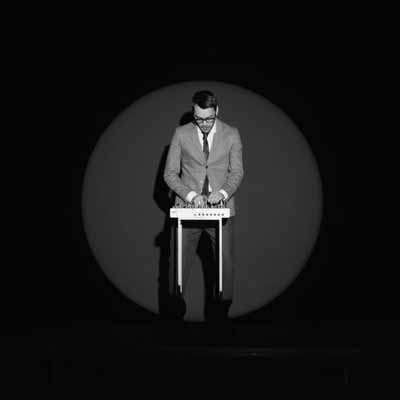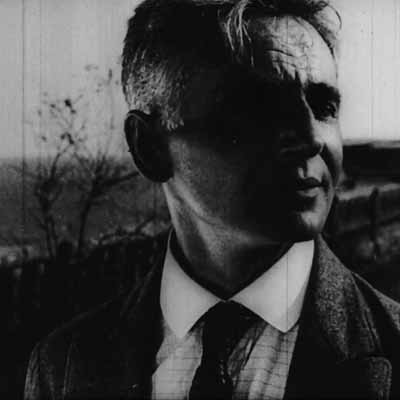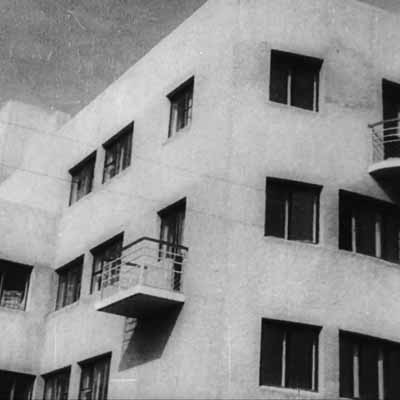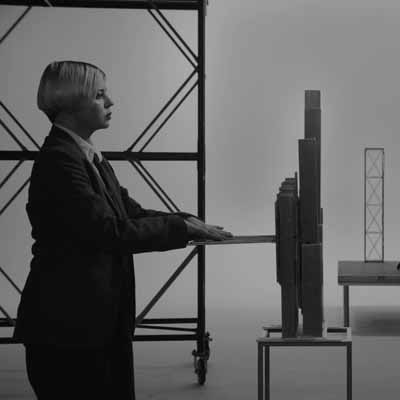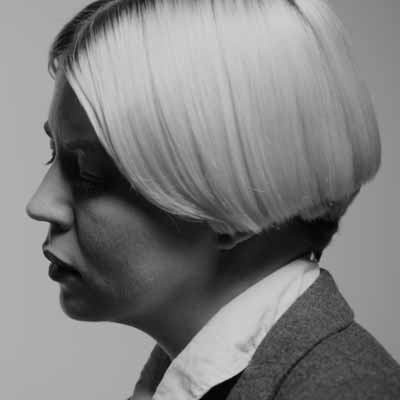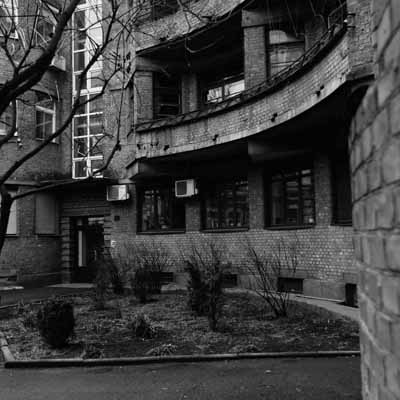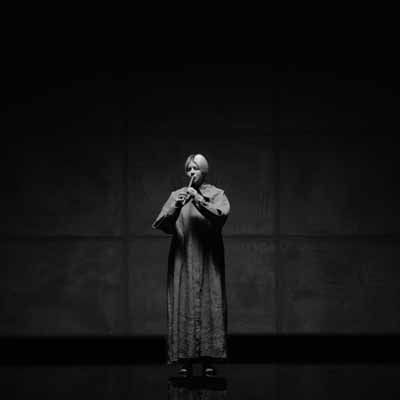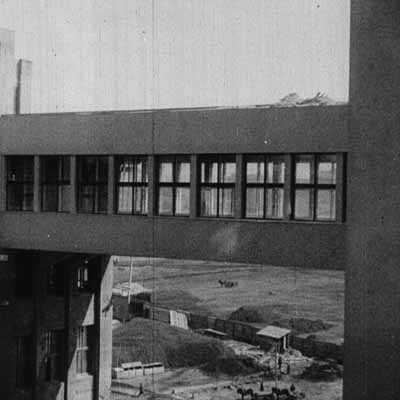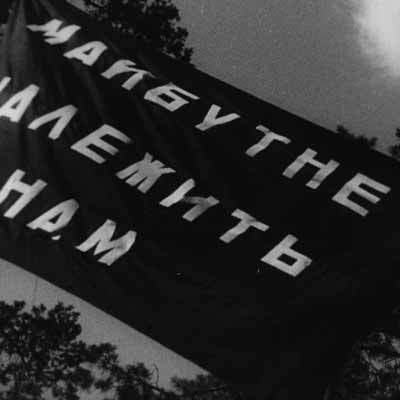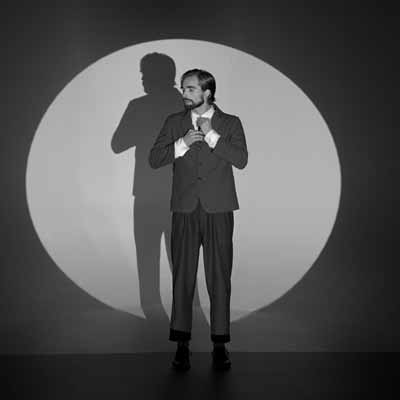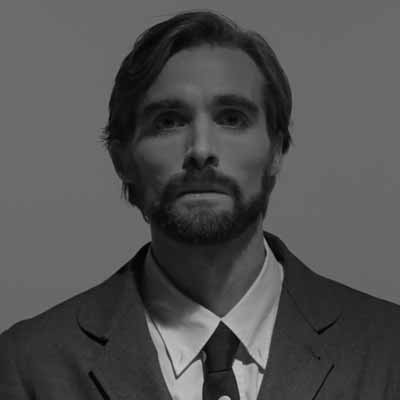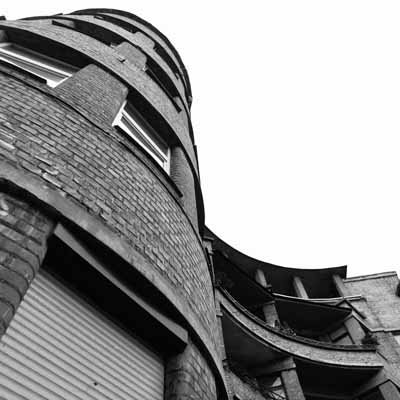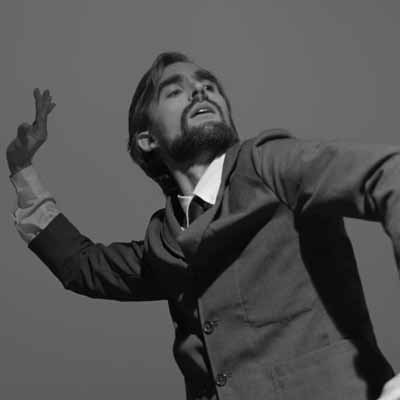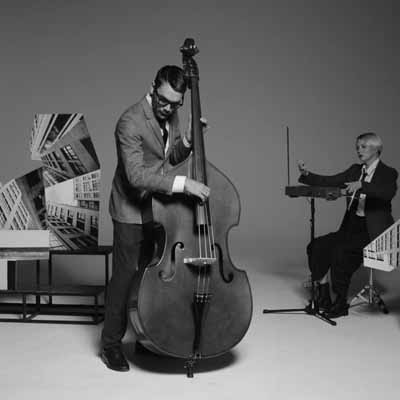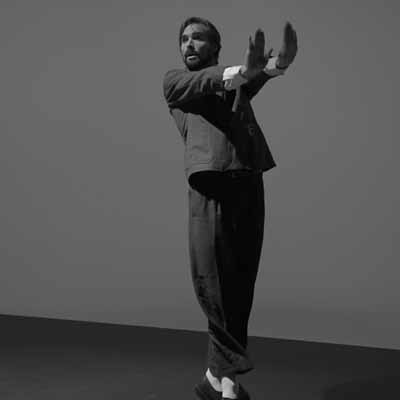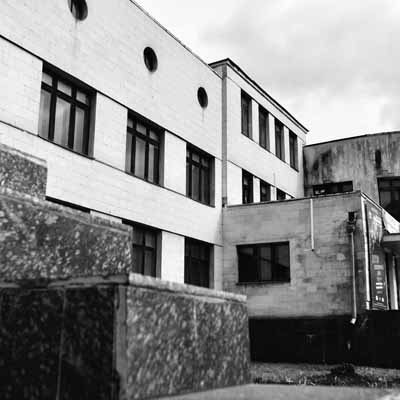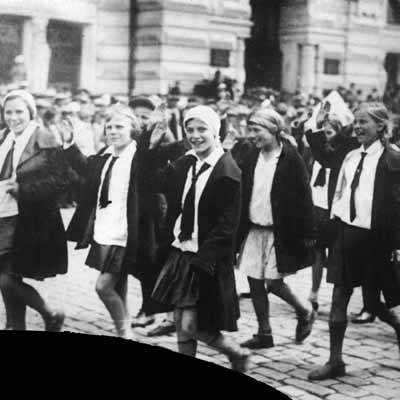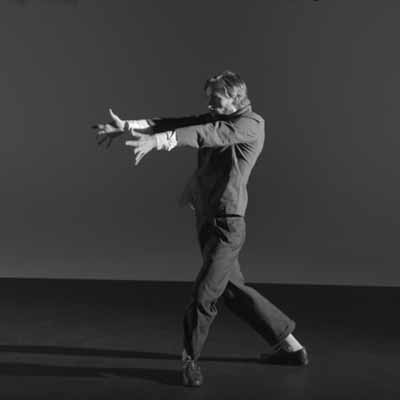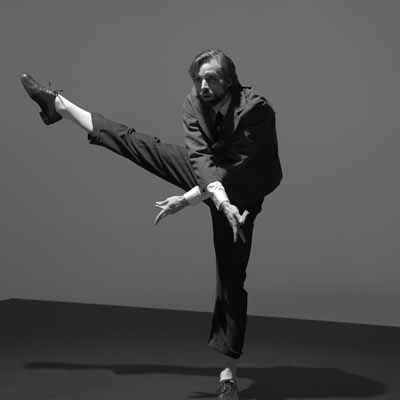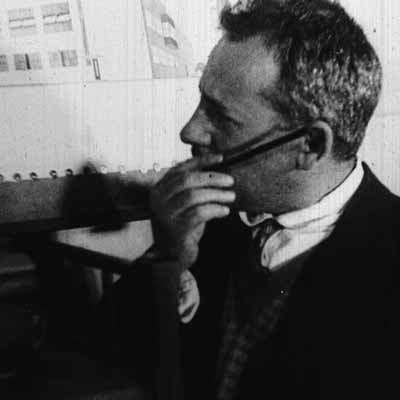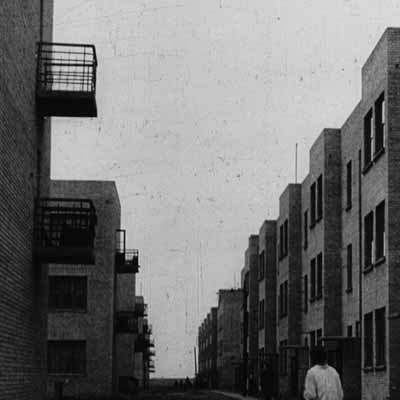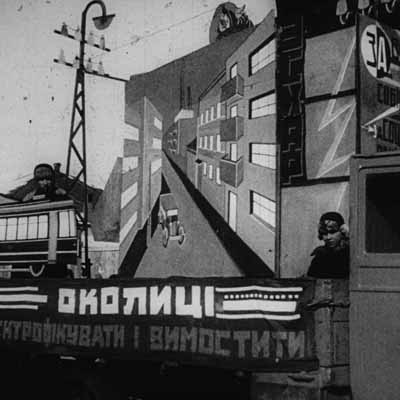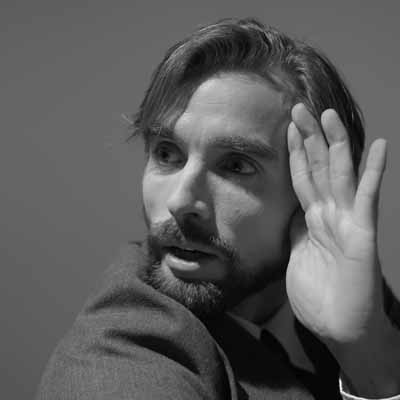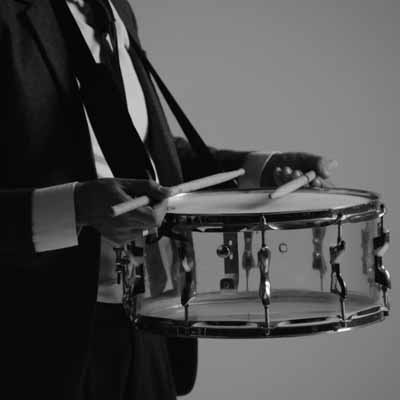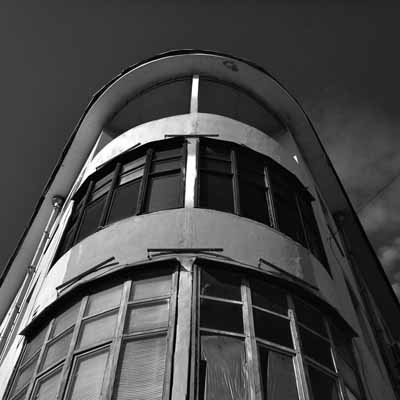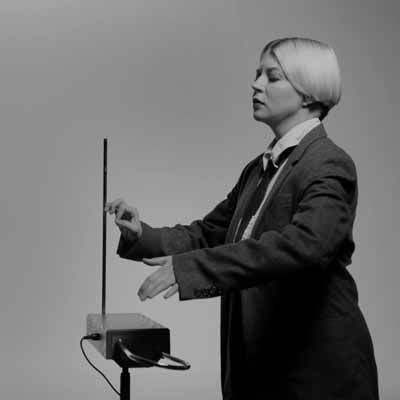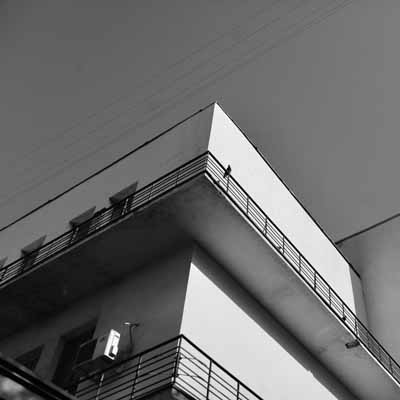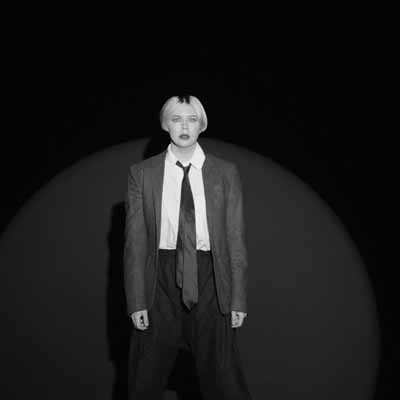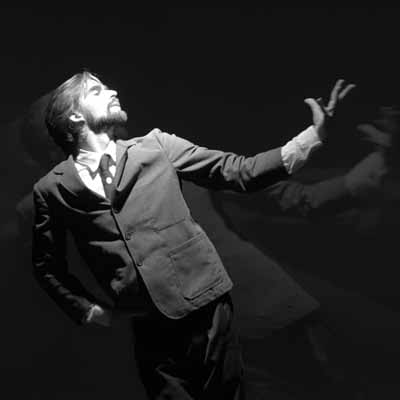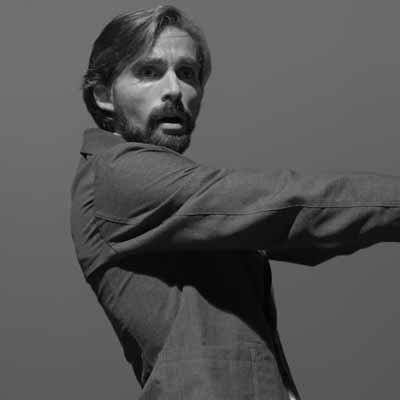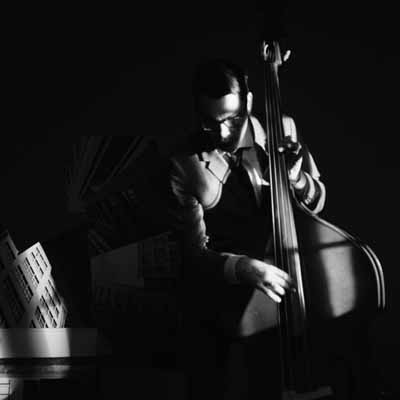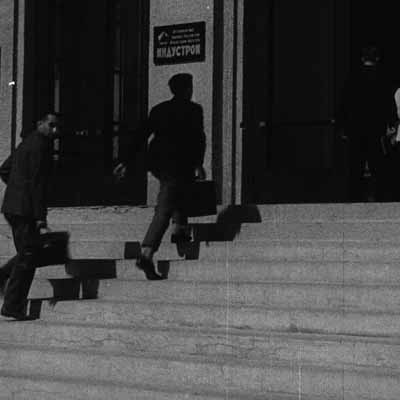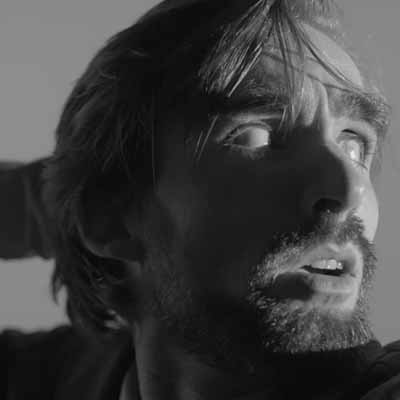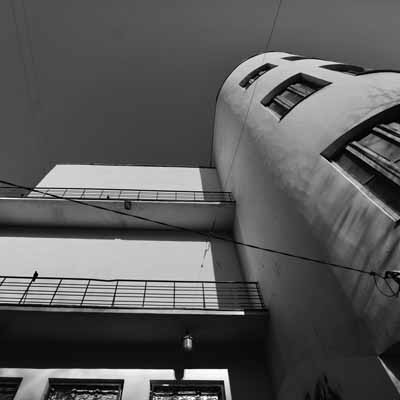Ukrainian Constructivism
Ukrainian Constructivism is a multimedia project inspired by the phenomenon of constructivist architecture and created at the intersection of contemporary visual art, ballet, electro-folk music, and historical drama. Ukrainian musicians Nata Zhyzhchenko (Onuka) and Yevhen Filatov (the Maneken), Ukrainian-Danish artist and architect Sergei Sviatchenko, Danish choreographer Sebastian Kloborg and Ukrainian architect and researcher of modernism Ievgeniia Gubkina are the authors of a significant digital performance. The language of contemporary art and an experimental festival format will help reveal to the world the complex and extraordinary phenomenon of Ukrainian interwar modernism. The project works in the field of cultural diplomacy, contributing to raising public attention to problems of Ukrainian modernist heritage, the heritage that is a part of the riches of modernist monuments in Europe and the world.
Our project mission is to understand, reveal and protect the architectural heritage of Ukrainian constructivism, making the 20th century visible. Ukrainian constructivism deserves to be included into the UNESCO World Heritage List!
Ukrainian constructivism is not just a trend of international modernism of the 20th century. Ukrainian constructivism reflects an era with its complex history, experimental economics, and controversial politics. But at the same time, Ukrainian constructivism is the brainchild of the creative impulse of tens and hundreds of Ukrainian and European architects who sincerely sought to create a new architecture for the new Ukrainian society. Ukrainian constructivism combined the functions of the New Economic Policy, national communist slogans, regional materials, progressive constructions and unique features of Ukrainian national identity and philosophy. It was distinguished by an unprecedented variability of forms, movements, and modalities, testifying to the pluralism and creative freedom of the architectural sphere. During the Stalinist totalitarian era, progressive constructivism was banned and forcibly replaced by conservative Stalinist socialist realism. Today a substantial layer of architectural constructivism in Ukrainian cities remains unnoticed and misunderstood, and as a result it is decaying and being destroyed.
The script for the digital venture “Ukrainian Constructivism” was written by Ievgeniia Gubkina and a historian Yaroslav Perekhodko and based on a true story. At the heart of the plot are memories of the stay in Kharkiv in the early 1930s of Lotte Beese, a young German female modernist architect from the Bauhaus. It is the interwar period distinguished by its acute contradictions and a series of tragedies for the Ukrainian people. A situation unfolds against a background of the transition from “socialist construction” of the New Economic Policy and national communism to the “forced industrialization” and Stalin’s totalitarianism. A flourishing of avant-garde arts, science, architecture and rise of national self-consciousness, characteristic of the Ukrainian “Roaring Twenties”, ends with a rise of a totalitarian system in the Soviet Union.
Within the project there was also a public festival program including online discussions, roundtable discussions, workshops and an initiatives fair. A British writer and journalist Owen Hatherley, lecturer at the Institute of Political Studies “Sciences Po” in Paris Maxime Forest, researcher of Soviet architecture and curator of the Armenian National Pavilion at the Venice Architecture Biennale Ruben Arevshatyan took part in the discussions. The Initiatives Fair presented local projects that work effectively with heritage of constructivism and interwar modernism in Ukrainian cities and in different regions of the country. In videos initiatives members – Natalia Lobach, Pavlo Kravchuk (Zaporizhzhia), Lina Degtyaryova (Uzhhorod), Anastasia Bozhenko, Olesya Chagovets (Kharkiv), Yuliya Bohdanova (Lviv), Valentyn Starostin (Dnipro), Dmytro Kubanov (Kamianske) – are sharing their stories of relations with modernism and constructivism, they are telling about the objects being special for them; and they are specifying some difficulties they face and their nearest plans. Photos of constructivist objects in Kharkiv, Kyiv and Odesa for the project were taken by Olena Saponova.
The presentation of the project took place on November 12, 2021. Find more information on www.constructivism.world.
Organizers: NGO Urban Forms Center with the financial support of the Ukrainian Cultural Foundation.
